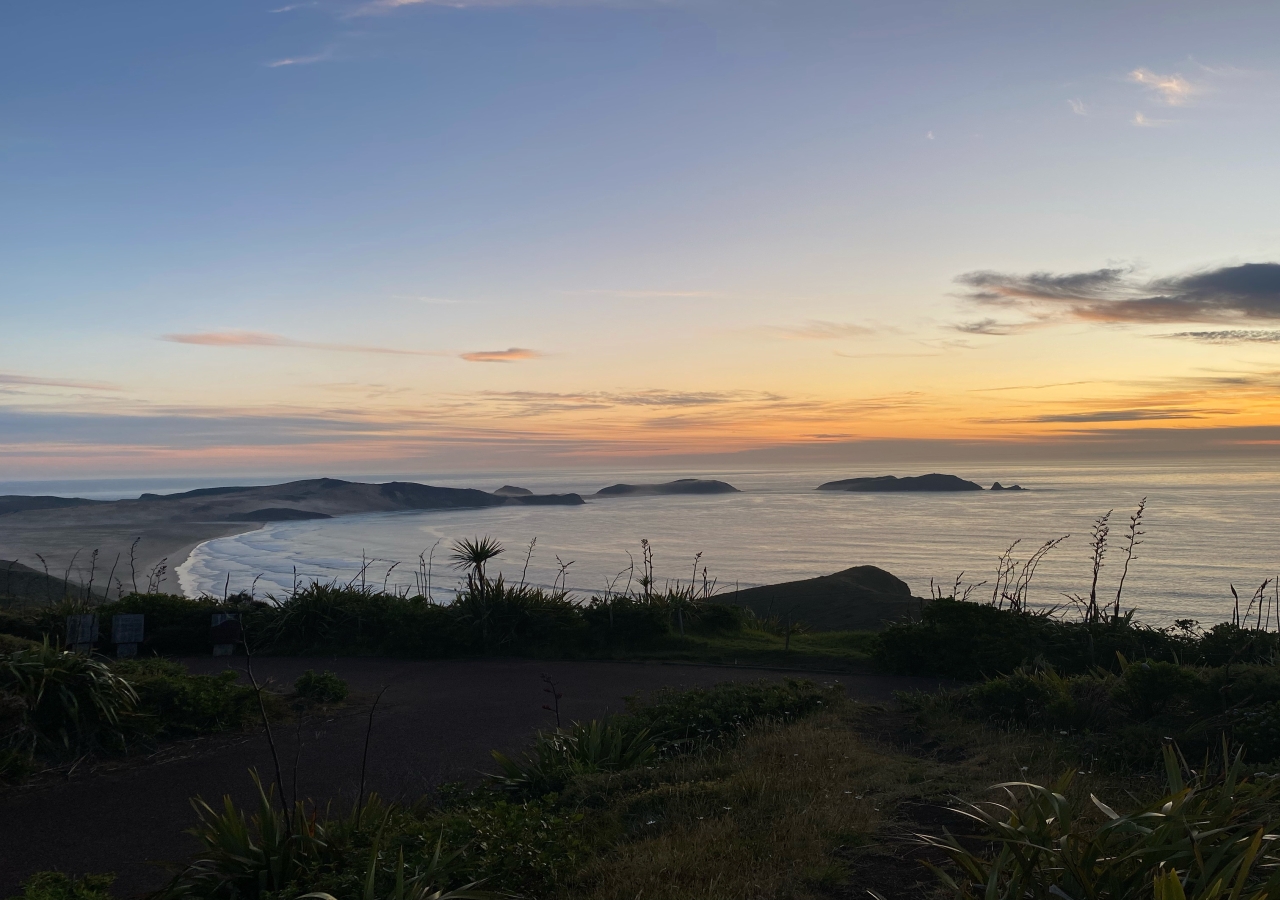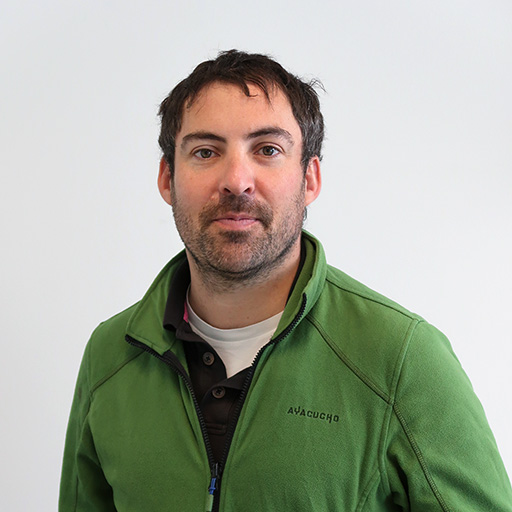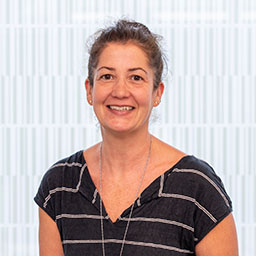Exploring Multiple World Views for Marine Conservation Decision-Making
2022 – 2027

Summary
Mā te whakarongo, ka mōhio
Mā te mōhio, ka mārama,
Mā te mārama, ka matau
Mā te matau, ka ora.
Through sensing, comes awareness,
Through awareness, comes understanding,
Through understanding, comes knowledge,
Through knowledge, comes well-being.
Māori Whakataukī or proverb
This PhD research explores multiple world views and how they can influence how we approach marine conservation decision-making.
Marine policies mainly interpret prosaic (factual) evidence, applying practical responses to rational science anchored in Western world views. What if we adopted a different, perhaps more poetic approach? This PhD asks the question of multiple world views in ocean governance.
The field of Ocean Literacy (OL) can be understood as our influence on the ocean and the ocean’s influence on us (UNESCO). This study builds on different OL dimensions and dives into the importance of integrating multiple world views, in the context of ensuring the right management framework for long term ecological and cultural preservation of marine ecosystems and species.
Targeting expert ocean planners, and by focusing on a case study at Rangitāhua – the Kermadecs Islands (1000km northeast of Aotearoa NZ – a critical hotspot for global biodiversity, home to rare birds, whales, dolphins, sea turtles and fish species), this study will compare our emotional responses to world views and spatial presence levels to improve ocean governance and policy.
Through qualitative and quantitative methods, this research will investigate how participants are affected by a world view or another, as represented through a film with different storytelling techniques. Using an immersive room, the intention of the study is to shed light on whether use of multiple world views through immersive technologies can influence marine policy decisions.
This work also hopes to bring new evidence of the necessity to develop more emotionally engaging and culturally inclusive experiences for governance including marine protection.
Acknowledgement
This study received scholarship funding from the Ministry of Business, Innovation and Employment (MBIE) Endeavour Fund through the Te Mana o Rangitāhua project (2020-2025) led by Ngāti Kuri and Auckland War Memorial Museum.
More Information
Researcher and Contact
Supervisory Team and Advisors
-
- Prof. Rob Lindeman, HIT Lab NZ, University of Canterbury
- Assoc. Prof. Heide Lukosch, HIT Lab NZ, University of Canterbury
- Dr. Gianna Savoie, Department of Science Communication, University of Otago
- Tammy Tauroa, Te Mana o Rangitāthua, Ngāti Kuri, Te Ara Whānui
- Tom Trnski, Auckland War Memorial Museum
UC People

James Nikitine

Rob Lindeman

